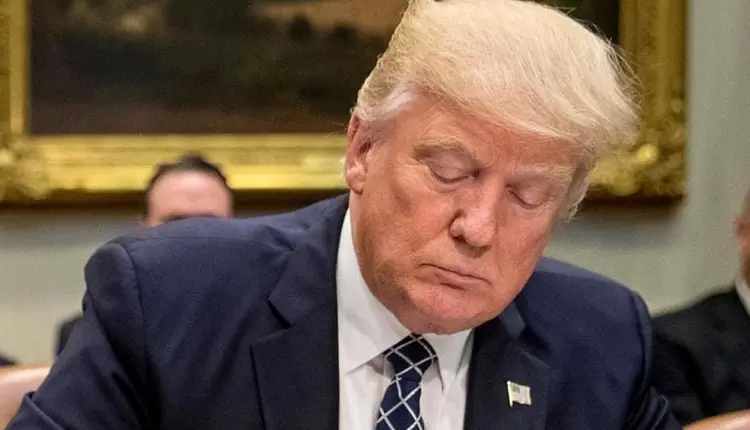New Delhi: US President Donald Trump has extended an invitation to Israeli Prime Minister Benjamin Netanyahu for a high-level meeting at the White House, as tensions escalate in the Middle East following Israel’s military operations in Gaza and Hezbollah’s retaliatory drone attacks.
The invitation comes at a time when Israel is facing mounting pressure from multiple fronts. Hezbollah recently claimed responsibility for a drone strike targeting Netanyahu’s private residence in Caesarea. Although Israeli defence forces intercepted two of the three drones, one managed to hit a nearby building. Fortunately, Netanyahu and his wife were not present at the time of the attack.
The drone strike is believed to be a response to Israel’s intensified military campaign in Lebanon, which began on September 23, 2024. The campaign reportedly led to the death of Hezbollah chief Hassan Nasrallah in an airstrike on September 27, 2014, followed by the killing of his successor in early October 2024. In retaliation, Hezbollah has ramped up its attacks, targeting northern Israeli territories and displacing over 60,000 Jewish residents.
Trump’s invitation is seen as a strategic move to reaffirm US-Israel ties and discuss the evolving security situation in the region. Sources suggest that the meeting will also involve discussions around Qatar’s role in mediating ceasefire efforts and the broader implications of a potential ground invasion of Gaza.
The Israeli government has yet to confirm Netanyahu’s acceptance of the invitation, but diplomatic channels are reportedly active. The White House meeting could serve as a platform for both leaders to coordinate responses to regional threats and reinforce bilateral cooperation.
Meanwhile, the humanitarian crisis continues to deepen. Over 12 lakh people have been displaced in Lebanon due to ongoing Israeli airstrikes, and nearly 2,000 casualties have been reported. The situation remains volatile, with Hezbollah vowing further retaliation and Israel determined to neutralise the group’s leadership.
As the geopolitical landscape shifts, Trump’s outreach to Netanyahu signals a renewed US interest in shaping the Middle East narrative, especially ahead of the 2026 presidential race.



Comments are closed.